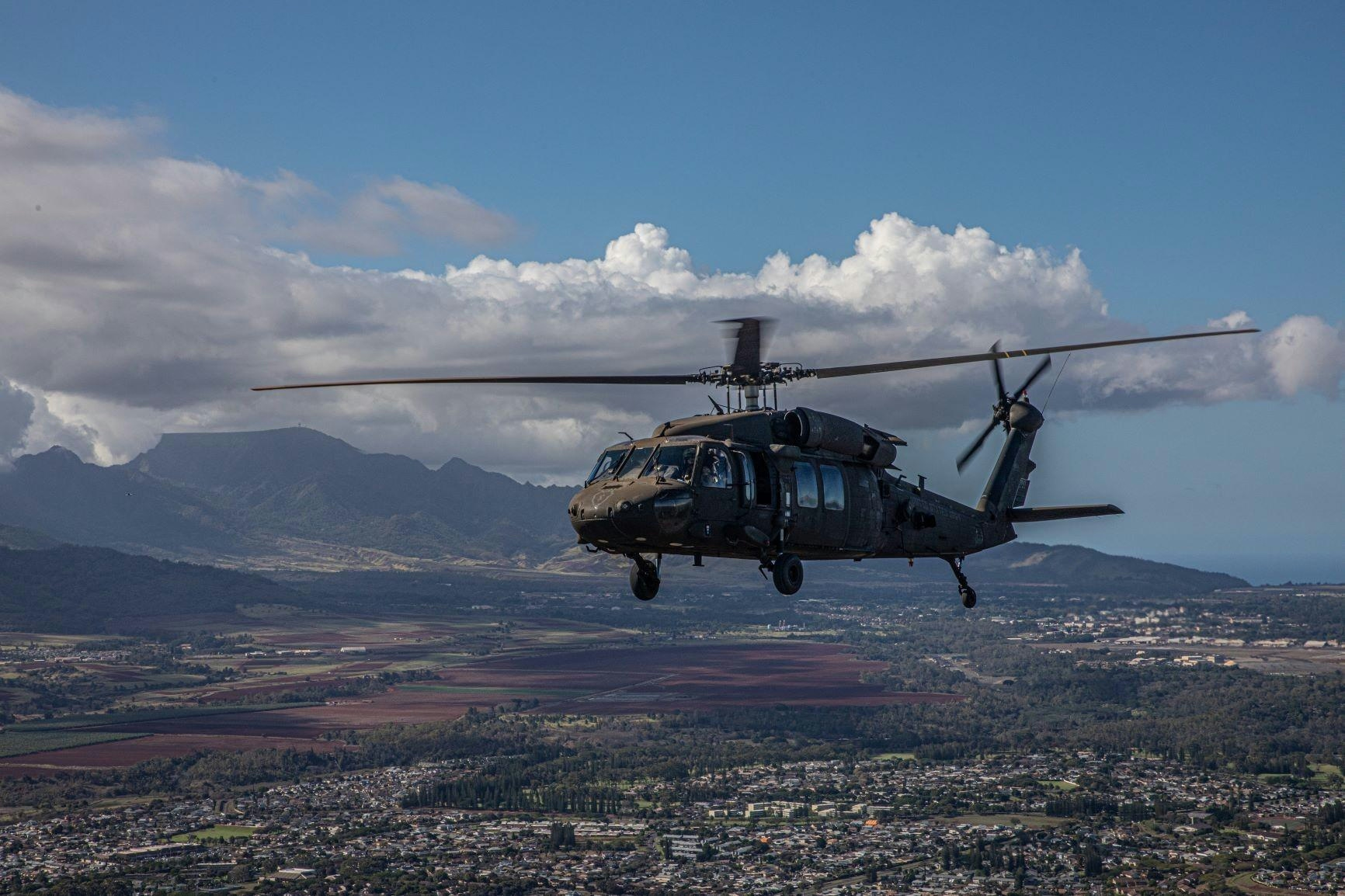
AeroGenie: Su copiloto inteligente.
Tendencias
Categories
Emirates Airlines Unveils Major Initiatives at Dubai Airshow
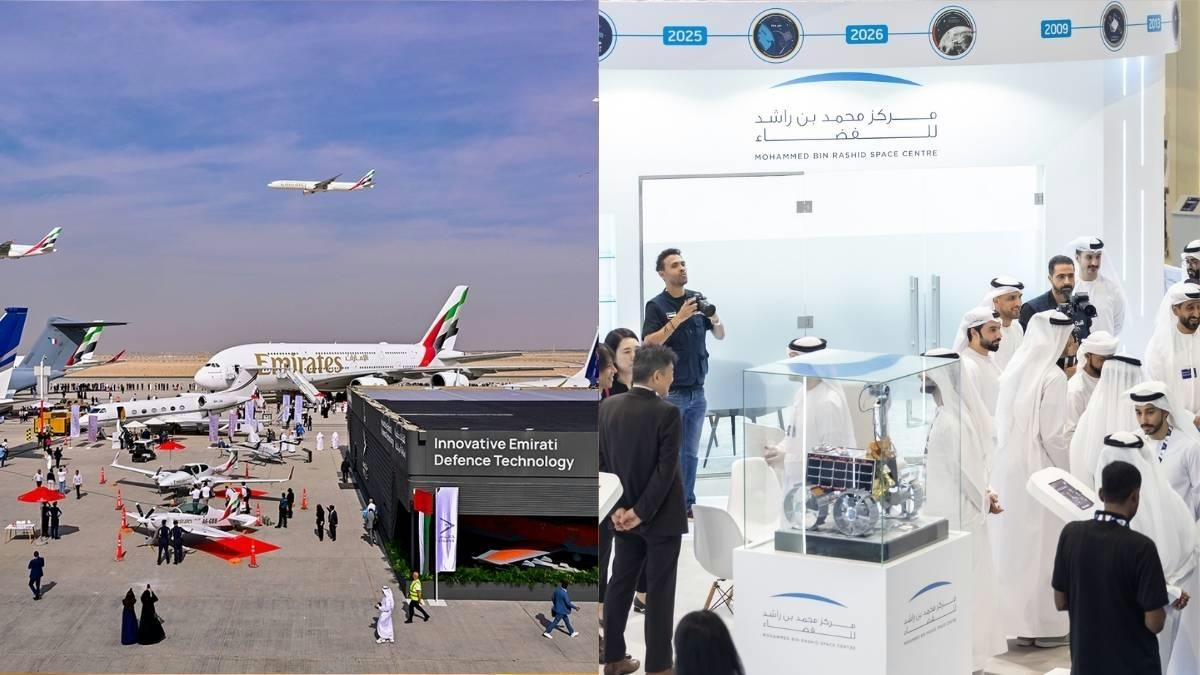
Emirates Airlines Unveils Major Initiatives at Dubai Airshow
Emirates Airlines has outlined an ambitious strategy for the coming years through a series of significant announcements at the Dubai Airshow, reaffirming its commitment to innovation, fleet growth, and technological advancement. These developments underscore the airline’s position as a global aviation leader and align closely with Dubai’s broader vision for sustained economic expansion.
Landmark Fleet Expansion Amid Industry Shifts
The Dubai Airshow, which attracted over 82,000 visitors, served as a prominent platform for Emirates to showcase its flagship aircraft, including the Airbus A380, Airbus A350, and Boeing 777. Central to the airline’s announcements was a substantial US$38 billion order comprising 65 Boeing 777-9s and 8 Airbus A350-900s. This order increases Emirates’ total wide-body aircraft commitments to 375, with deliveries scheduled through 2038.
This major investment reflects Emirates’ confidence in the long-term growth of global air travel demand. However, the competitive landscape has evolved since the airline’s last significant fleet expansion in 2013. Notably, competitors such as flydubai are shifting their focus from Boeing to Airbus aircraft, signaling changing market dynamics that Emirates must carefully navigate to maintain its competitive advantage.
Enhancing the Passenger Experience
Emirates continues to elevate standards in passenger service and onboard technology. At the Airshow, the airline unveiled the integration of Starlink satellite internet technology on a retrofitted Boeing 777-300ER, providing passengers with high-speed Wi-Fi and improved connectivity during flights. The airline plans to equip 232 aircraft with Starlink over the next two years, ensuring seamless global connectivity for its travelers.
In addition to connectivity upgrades, Emirates is refurbishing 111 existing aircraft with advanced cabin features. These enhancements include state-of-the-art entertainment systems, redesigned seating configurations, and upgraded amenities, all aimed at delivering enhanced comfort and luxury. Such initiatives reinforce Emirates’ reputation for offering world-class service.
Strategic Partnerships and Navigating Future Challenges
Beyond fleet expansion and service improvements, Emirates is actively strengthening its global alliances and strategic partnerships, further consolidating its role within the international aviation sector. These efforts support Dubai’s ambition to remain a leading aerospace hub and align with the UAE’s D33 economic development vision.
Despite its financial robustness and Dubai’s global appeal, Emirates faces emerging challenges in a rapidly changing market. The shift in competitor strategies, particularly flydubai’s pivot toward Airbus, may influence market dynamics and aircraft supply chains. To sustain its leadership position, Emirates will need to adapt effectively to these evolving industry pressures.
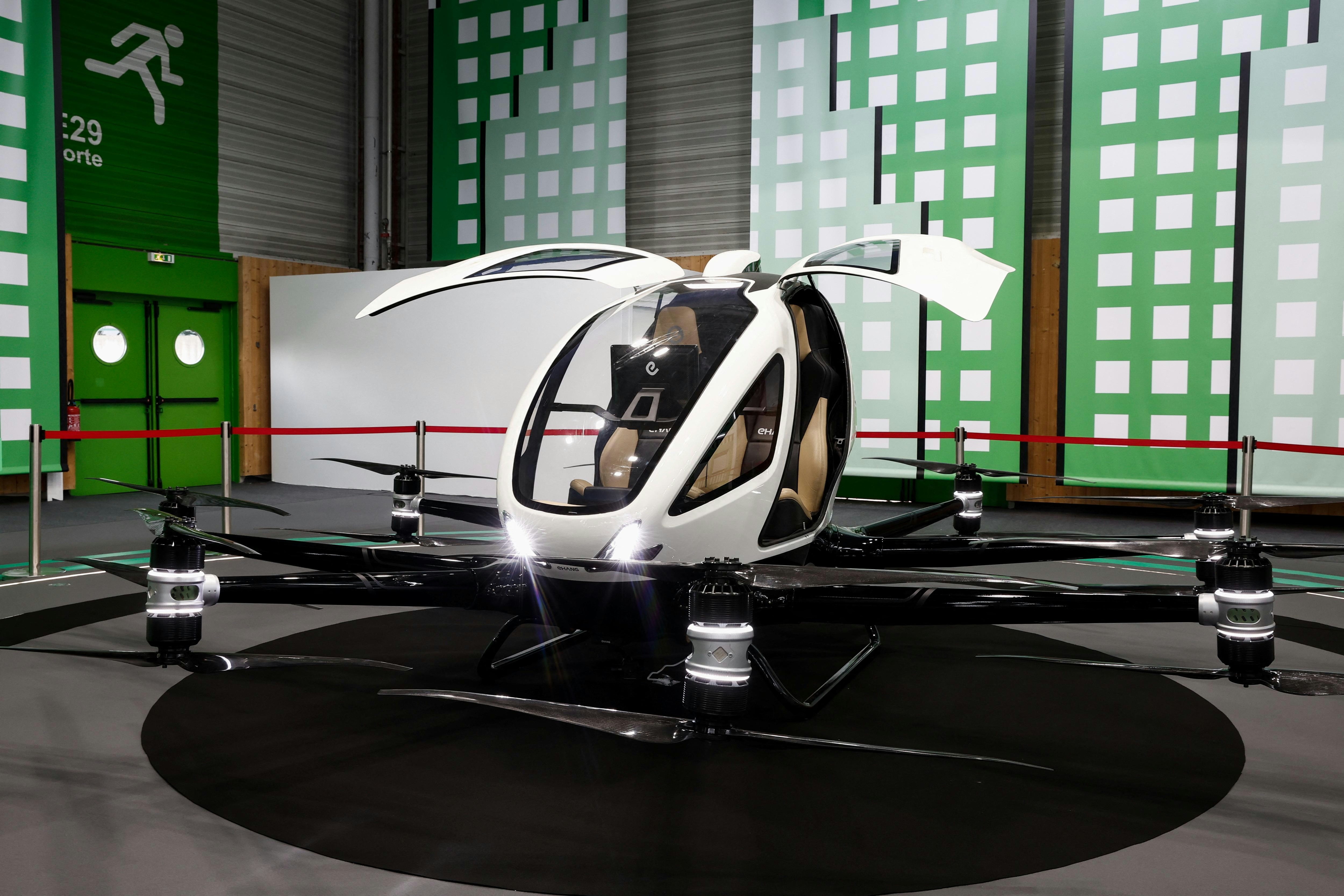
Expert Predicts Thousands of Passenger and Cargo Drones in Hong Kong Skies Within a Decade
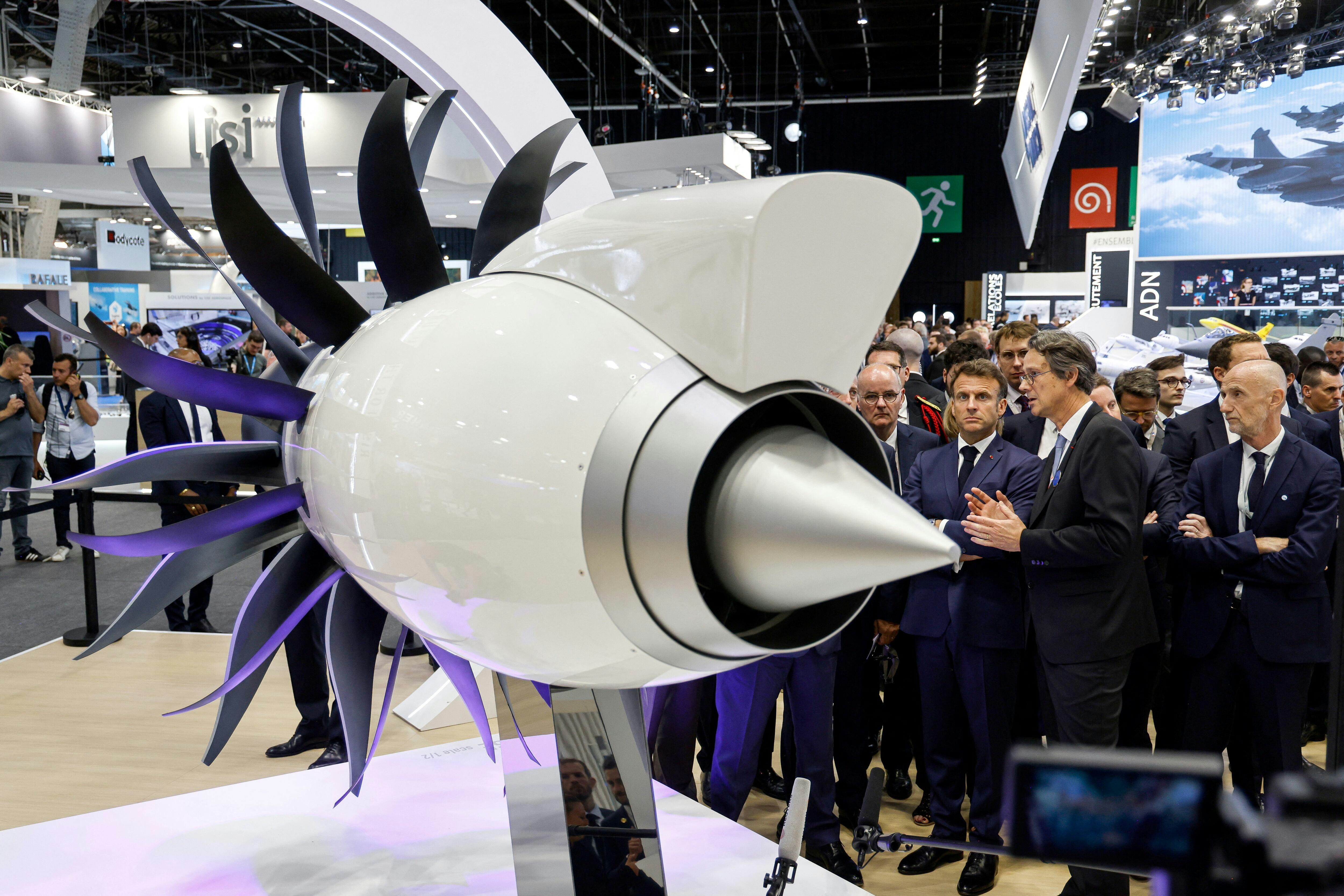
Safran S.A.: Growing Interest from Aviation Experts and Wall Street

Amazon and Boeing Executives Launch Sustainable Aviation Accelerator
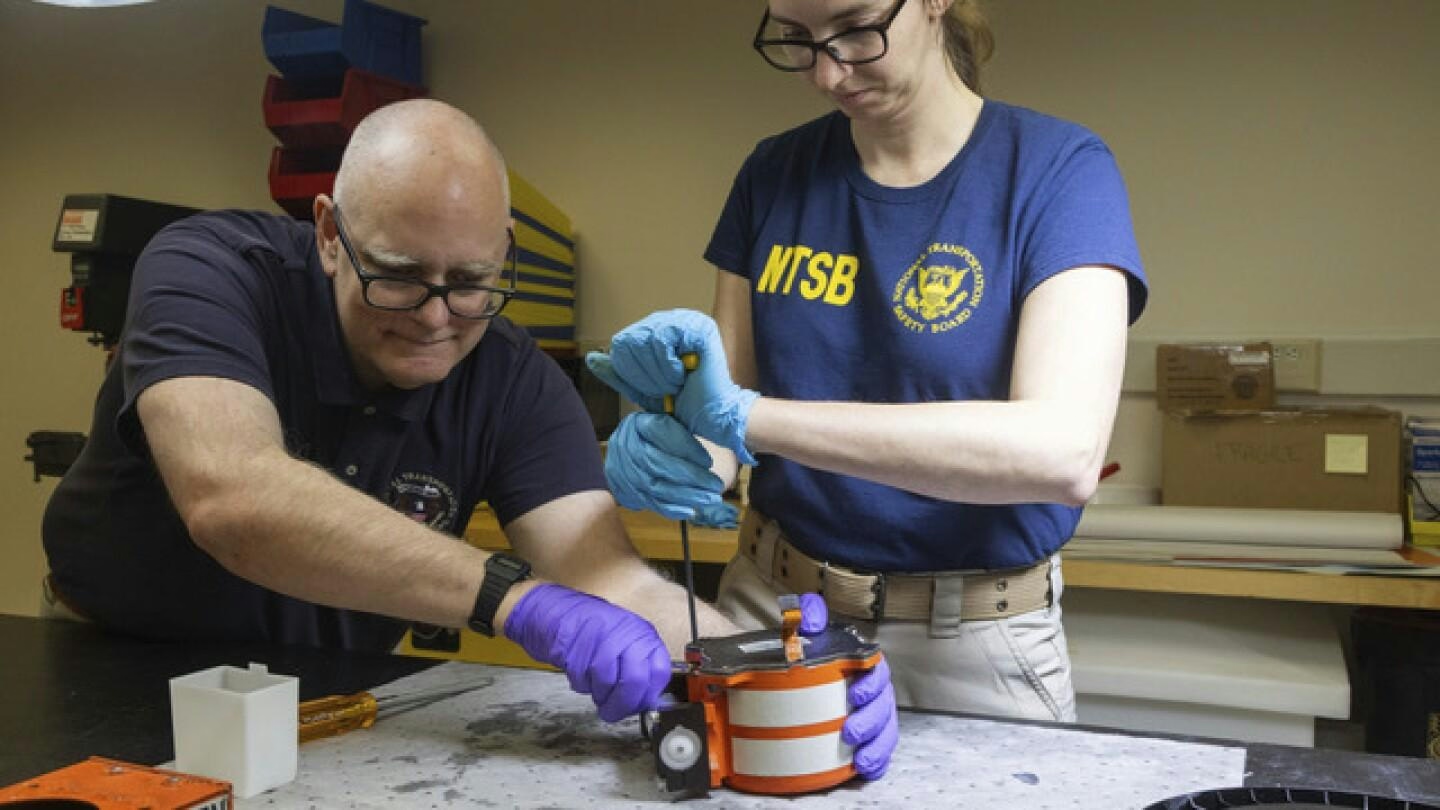
Beyond the Black Box: Why Explainability Is Becoming Aviation’s New Safety Standard
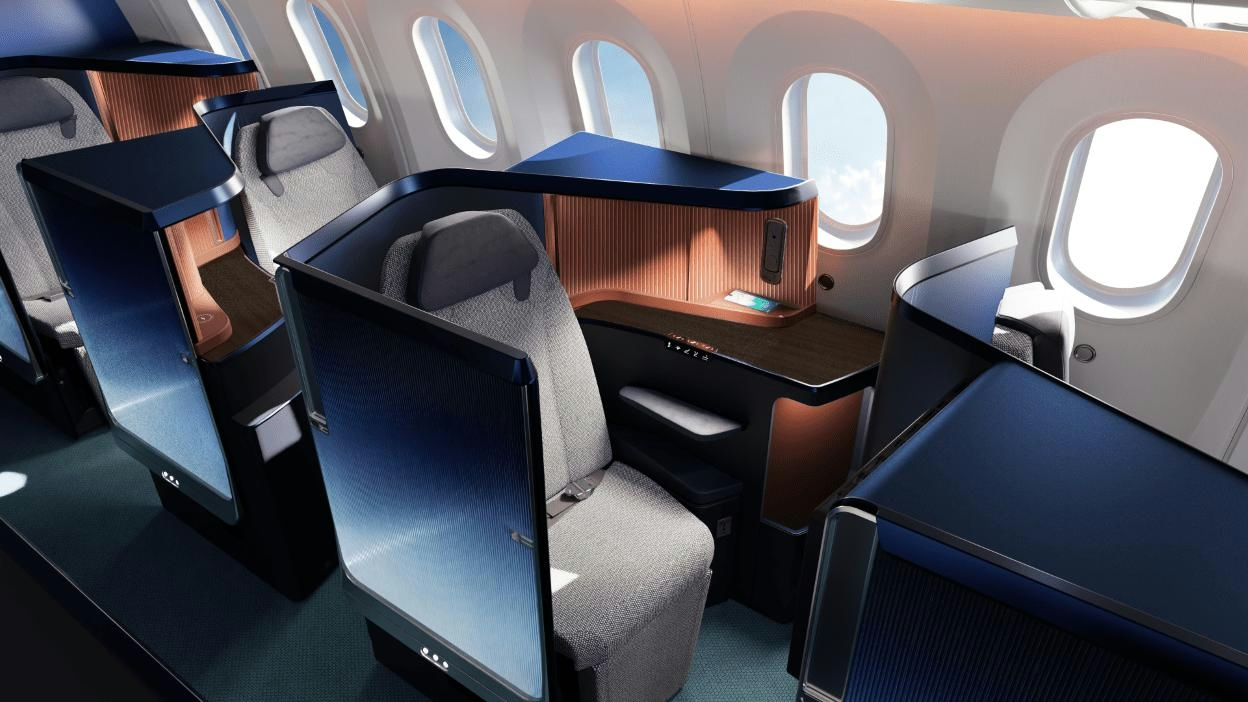
Long-Haul Airlines Transform Business Class on Narrowbody Aircraft
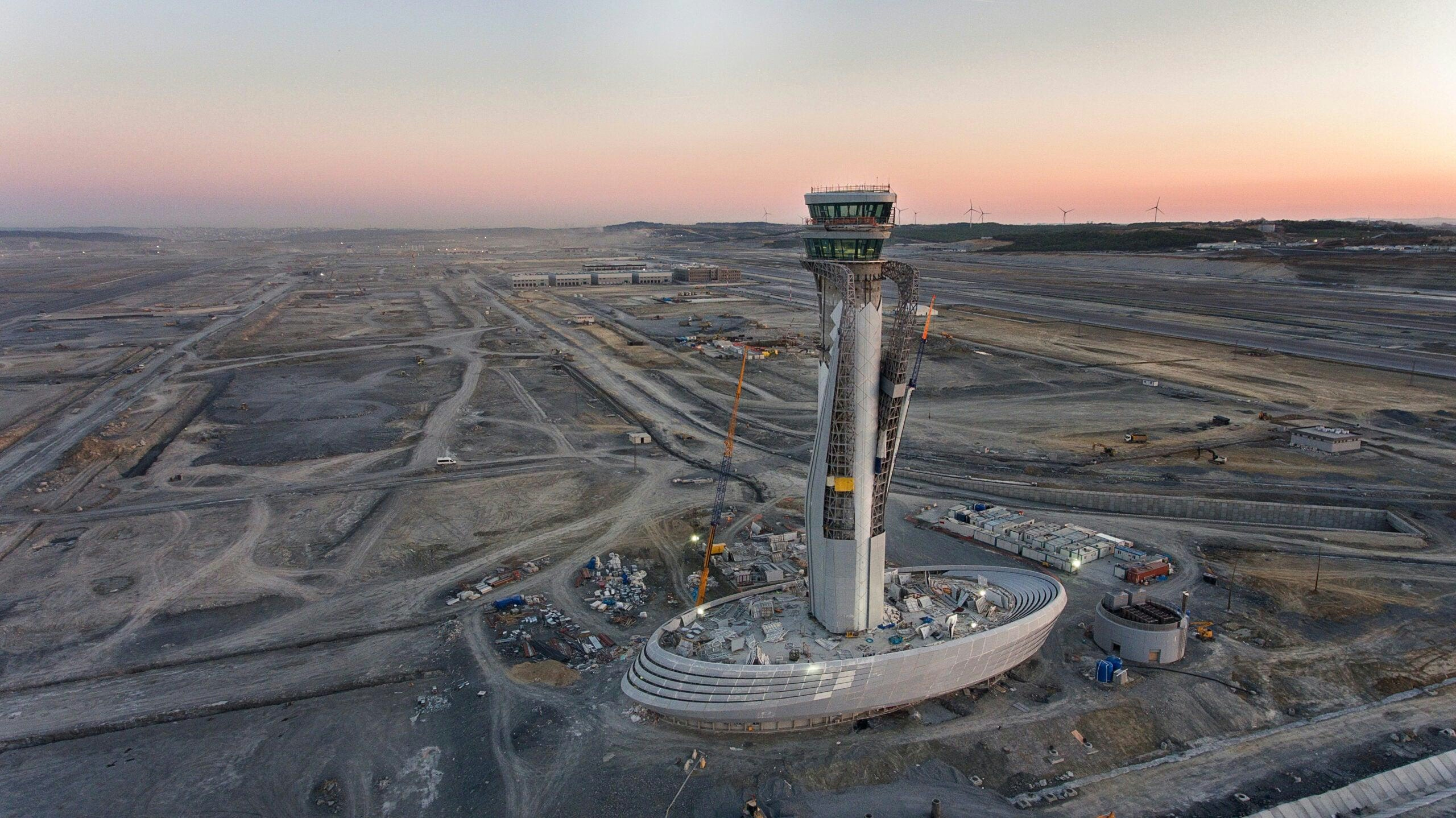
Turkish Airlines invests $2.3bn to expand Istanbul Airport hub

Aviate Software Releases GA Kneeboard
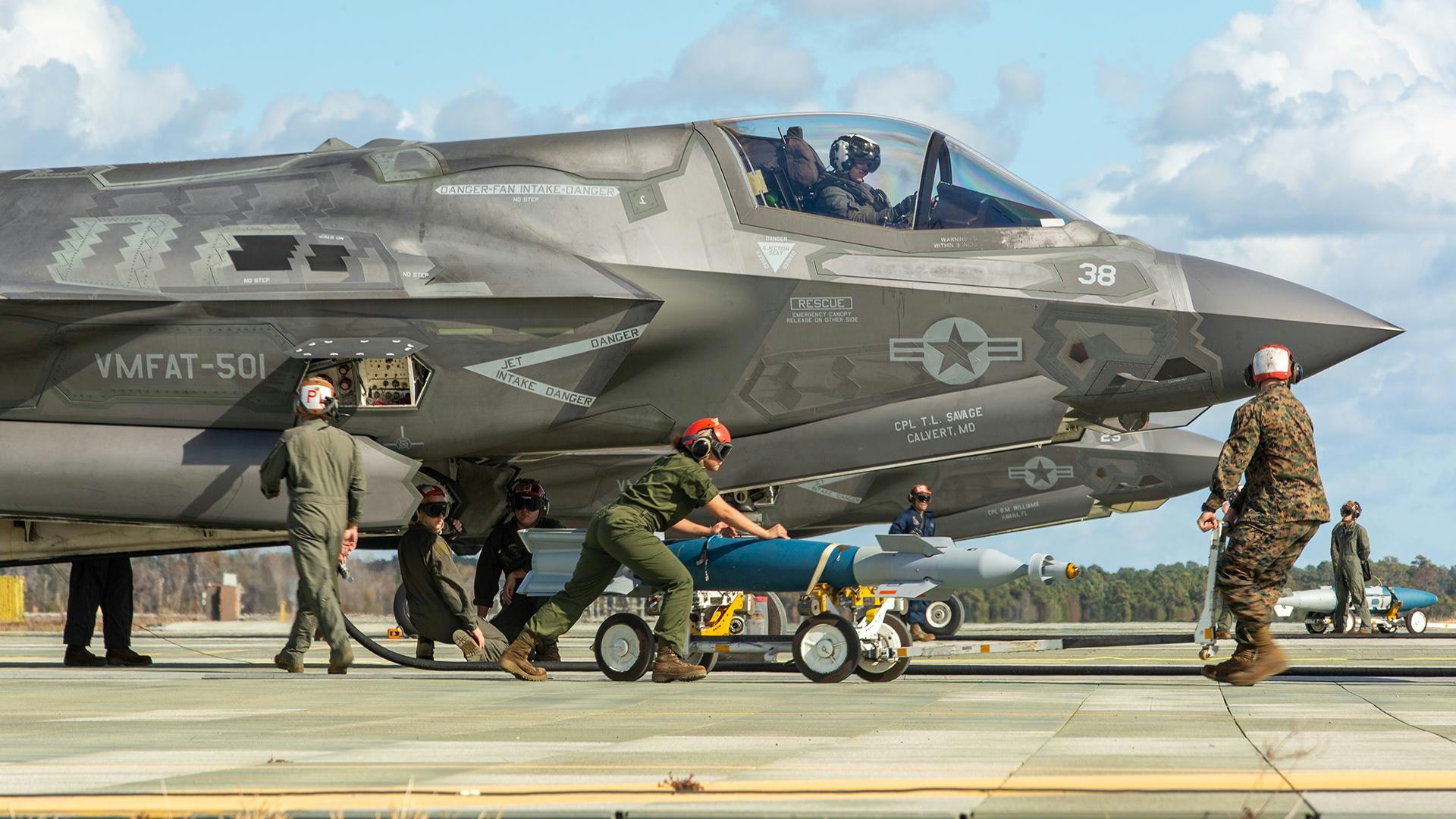
F-35 Program Sets New Delivery Record in 2025

Starlink Expands High-Speed Wi-Fi Service to Private Jets
